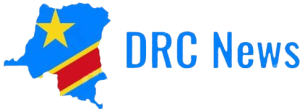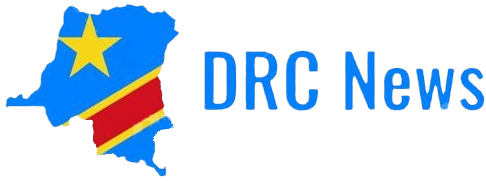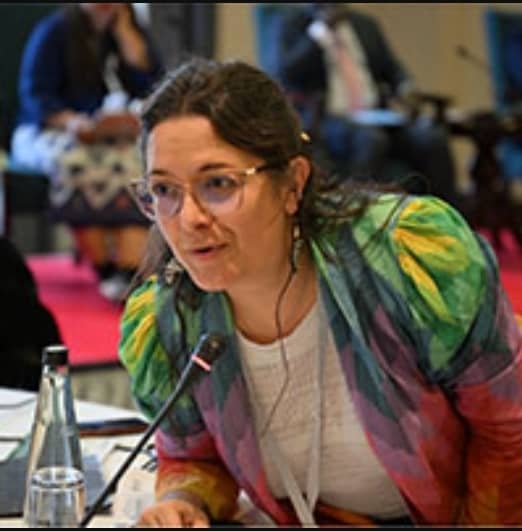Zambia has started to attract the United Nations for wrong reasons. It’s seem our neighbor is learning dictatorship from us but they may not know the pain and suffering we have endured with it for over 60 years.
Thankfully, the United Nations is speaking out about our neighbors where millions of people have sought revege and made home because of its history of peace and democracy. It’s seems this will be a thing of the past under their three year old leader President Hakainde Hichilema.
The UN has advised Zambia to immediately halt downward spiral of infringements on fundamental freedoms.
Here is what the United Nations says about our neighbor. What a shame for Mr. Hichilema that he wants to become like Mobutu or Tshisekedi.
GENEVA (29 August 2024) – Independent experts today expressed concern about multiple allegations of arbitrary arrests and detentions on charges of, inter alia, unlawful assembly, espionage, hate speech and seditious practices against opposition political party leaders and members, parliamentarians, human rights defenders and activists, as well as restrictions on gatherings, meetings, peaceful protests and rallies in Zambia.
Since January 2022, at least 26 such cases have been brought to the attention of the experts. Information received indicates that in some cases, arrests, intimidation and harassment stem merely from expressing diverging, and critical views whilst in others, they are intended to curtail participation in political and public life.
“These practices have resulted in increasing political polarisation and self-censorship,” the experts said. “The arrests and restrictions have had a chilling effect on freedom of opinion, expression, association and assembly, which are core components of a robust functioning democracy and risk exacerbating deepening divisions, including along ethnic and regional lines, and further shrinking civic space in the country.”
The experts noted that, since December 2021, they had also received information about 16 incidents against journalists or media outlets, as well as 11 clashes, attacks, and cases of intimidation and assault, mostly perpetrated by ruling party members against members and supporters of opposition parties.
According to information received, the church has not been spared, with reported arrests of clergy and disruption of meetings by law enforcement.
“To deescalate tensions, the Government must uphold constitutionally guaranteed rights; create a safe and enabling environment for civic space; expedite legislative reforms, including the Public Order Act, the Penal Code and the State Security Act; ensure the functioning of the National Mechanism for Implementation and Follow-up; and institute measures to ensure that State actors and institutions, including the Zambia Police Service, protect human dignity and rights.”
“We are deeply troubled by allegations that State actors have instrumentalised arcane provisions in the law, including “seditious intention”, to suppress the legitimate exercise of freedom of expression which is also enshrined in international treaties that Zambia has ratified. This is compounded by shortcomings in the administration of justice, such as arrests prior to the conduct of thorough and impartial investigations and undue delays in bringing accused persons before the courts.
“While the Government’s actions to counter hate speech, maintain peace and stability, and promote national unity are welcomed, these must be based on national laws that conform to international human rights law and standards,” the experts said.
“The Government has a responsibility to disrupt destructive patterns of attack and retribution between ruling and opposition parties, which have characterised politics over the last three decades, including by inviting dialogue with the opposition,” they said.
The experts are in contact with the Government of Zambia on these issues.
ENDS
Ms. Gina Romero,Special Rapporteur on the rights to freedom of peaceful assembly and of association; Ms. Mary Lawlor, Special Rapporteur on the situation of human rights defenders; Ms. Irene Khan, Special Rapporteur on the right to freedom of opinion and expression.
Special Rapporteurs are part of what is known as the Special Procedures of the Human Rights Council. Special Procedures, the largest body of independent experts in the UN Human Rights system, is the general name of the Council’s independent fact-finding and monitoring mechanisms that address either specific country situations or thematic issues in all parts of the world. Special Procedures experts work on a voluntary basis; they are not UN staff and do not receive a salary for their work. They are independent of any government or organisation and serve in their individual capacity.
For more information and media requests; Vanessa Asensio ([email protected])
For media enquiries regarding other UN independent experts, please contact Dharisha Indraguptha ([email protected])
Follow news related to the UN’s independent human rights experts on Twitter: @UN_SPExperts.


